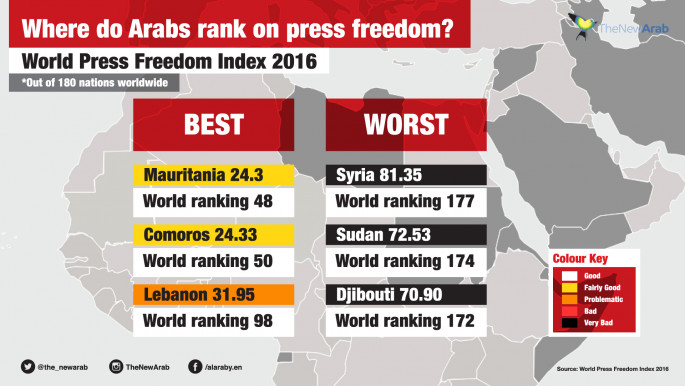Missing journalist found dead in Iraq's Kurdistan region
A journalist has been found shot dead in Iraq's autonomous Kurdish region, police and political party officials said on Friday.
Shoukri Zeneldin had been working in Dohuk for KNN, a local television channel owned by the Goran (Change) movement, one of the region's main political parties.
"His family informed us that his body was found Thursday after he disappeared four days ago," Goran spokesman Abdul Razak Sharif said.
The 40-year-old journalist's body was found in a desert village in the Amadiya region, north of Dohuk, said police spokesman Hayman Atroushi.
Goran lawmaker Hoshyar Abdallah called the journalist's death "a real threat to the truth" and a "setback for democracy".
Goran has 24 MPs in the autonomous region's 111-seat parliament, having emerged as a third force to challenge the traditional parties.
It is now one of the region's top three parties, along with the Patriotic Union of Kurdistan (PUK) and the Kurdistan Democratic Party (KDP) of regional leader Massud Barzani.
As an international coalition continues to engage in battle against the Islamic State in Iraq and Syria, the two war-torn nations have become notoriously known as among the most dangerous places in the world for journalists.
Despite this, press watchdog, Reporters without Borders awarded a 29-year-old Syrian reporter with the 'journalist of the year' award for his work in the world's current deadliest nation for journalism last month.
Hadi Abdullah was awarded with the Reporters without Borders (RSF) TV5 Monde prize - the second to go to a Syrian for two years running.
The 29-year-old "has unhesitatingly ventured into danger zones, where Western journalists are no longer willing to go, to film and interview civilians," RSF said.
A recent list of 'press freedom predators' published by RSF placed Syria's president, Bashar al-Assad among other world leaders accused of clamping down on journalists.
The list suggests more than 200 journalists have been killed by the government, as well as armed rebels and militant groups, in Syria since the conflict began in 2011, while stating at least 30 are imprisoned in government jails.
RSF ranked Syria at 177th on its assessment of 180 countries for press freedom, adding it is currently the world's deadliest country for journalists.




